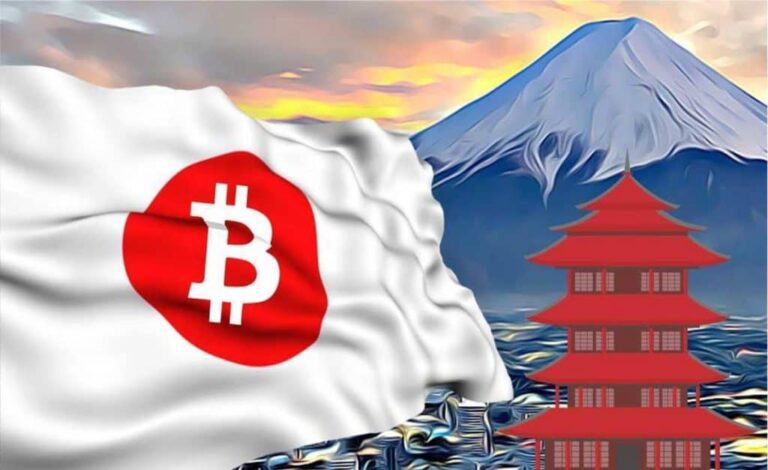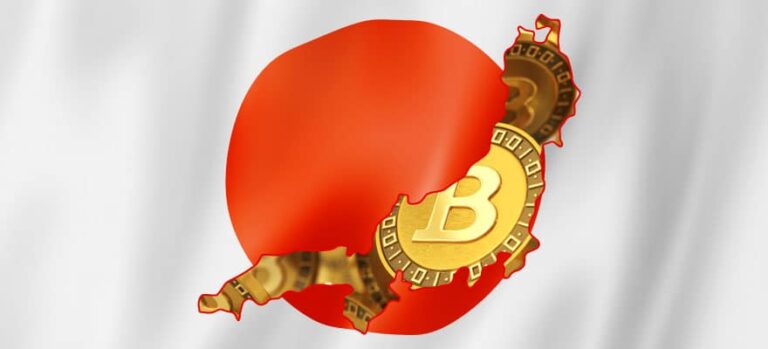Gate.io, a centralized cryptocurrency exchange, announced its decision to exit the Japanese market to align with the country’s stringent financial regulations. This move marks a significant shift in the crypto landscape in Japan, known for its high adoption of digital currencies.
Why is Gate.io Leaving Japan?
The decision to cease operations in Japan comes as a response to the evolving regulatory environment. The Financial Services Agency (FSA) in Japan has been tightening its regulations to ensure consumer protection and market integrity. This includes:
- Enhanced Security Measures: Exchanges are now required to implement comprehensive security protocols to protect user funds, including the use of cold wallets.
- Stricter Operational Requirements: These include regular audits, mandatory segregation of customer funds from corporate assets, and rigorous Anti-Money Laundering (AML) and Know Your Customer (KYC) protocols.
- Stablecoin Regulations: Issuers must maintain reserves equivalent to their issued tokens’ value and conduct regular audits to ensure transparency and stability.
Gate.io, ranked 49th in trading volume among centralized crypto exchanges, will no longer accept new account registrations from Japanese residents and will start a phased termination of services for existing users. The exchange has been actively assisting its customers in transitioning their transactions to compliant Japanese crypto asset exchange operators.
The Impact on Japanese Crypto Traders
For Japanese traders, this news brings a wave of uncertainty but also highlights the importance of regulatory compliance in safeguarding their investments. The FSA’s rigorous licensing requirements and financial stability assessments are designed to protect consumers from the risks associated with the volatile crypto market.
Gate.io’s move underscores the global trend of increasing regulation in the crypto industry. By complying with these regulations, exchanges aim to provide a safer trading environment for their users. However, this transition also means that Japanese traders will need to adapt to new platforms that meet the FSA’s standards.



